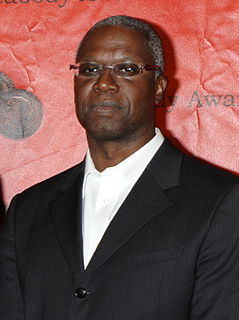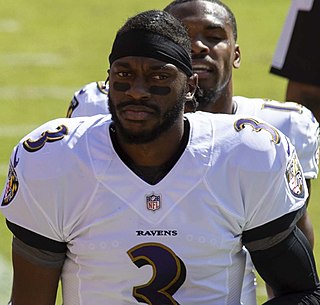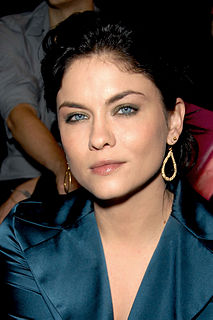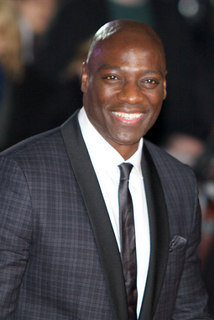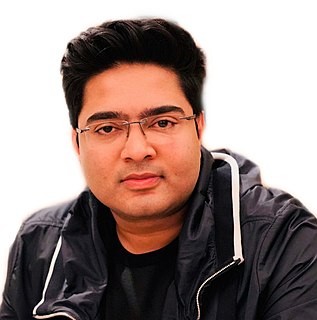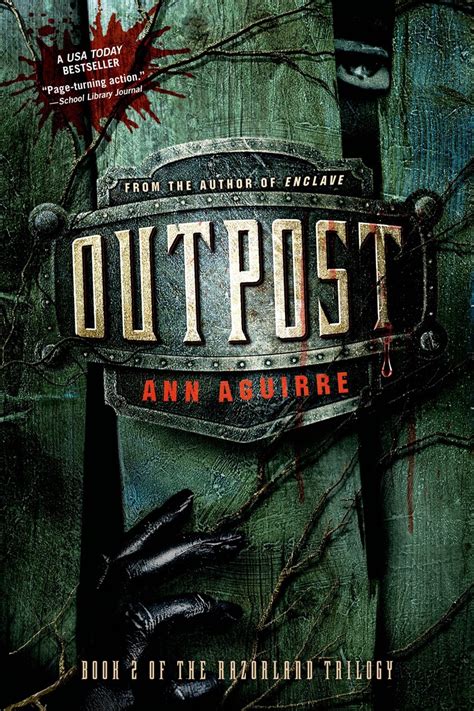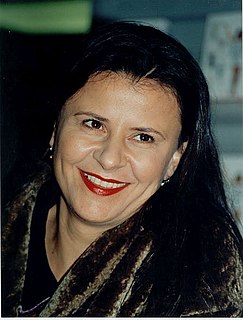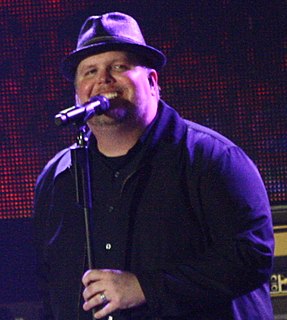A Quote by Andre Braugher
My goal is to broaden and deepen the range of African-American characters on television, so I always try to show human beings.
Related Quotes
I am an African-American in America. That will never change. But I don't have to be defined by thatWe always try to find similarities in life, no matter what it is so they're going to try to put you in a box with other African-American quarterbacks - Vick, Newton, Randall Cunningham, Warren MoonThat's the goal. Just to go out and not try to prove anybody wrong but just let your talents speak for themselves.
Certainly, I look for different characters 'cause I always like to keep people guessing, and I also don't like to get typecast. I made a concerted effort, last year and this year, to get a range of characters, just to show people the range that I have, and for them to be able to see the artistry beyond the color.
Artists use frauds to make human beings seem more wonderful than they really are. Dancers show us human beings who move much more gracefully than human beings really move. Films and books and plays show us people talking much more entertainingly than people really talk, make paltry human enterprises seem important. Singers and musicians show us human beings making sounds far more lovely than human beings really make. Architects give us temples in which something marvelous is obviously going on. Actually, practically nothing is going on.
The challenge in writing a show that's about people and their flaws is that it can easily tip over - okay, I'll sometimes watch something, and there will be characters that are written in a way that I'll know that the writer just hates human beings. They're expressing this misanthropic point of view with these detestable characters.
When I was a kid, I'd go to the African-American section in the bookstore, and I'd try and find African-American people I hadn't read before. So in that sense the category was useful to me. But it's not useful to me as I write. I don't sit down to write an African-American zombie story or an African-American story about elevators. I'm writing a story about elevators which happens to talk about race in different ways. Or I'm writing a zombie novel which doesn't have that much to do with being black in America. That novel is really about survival.
